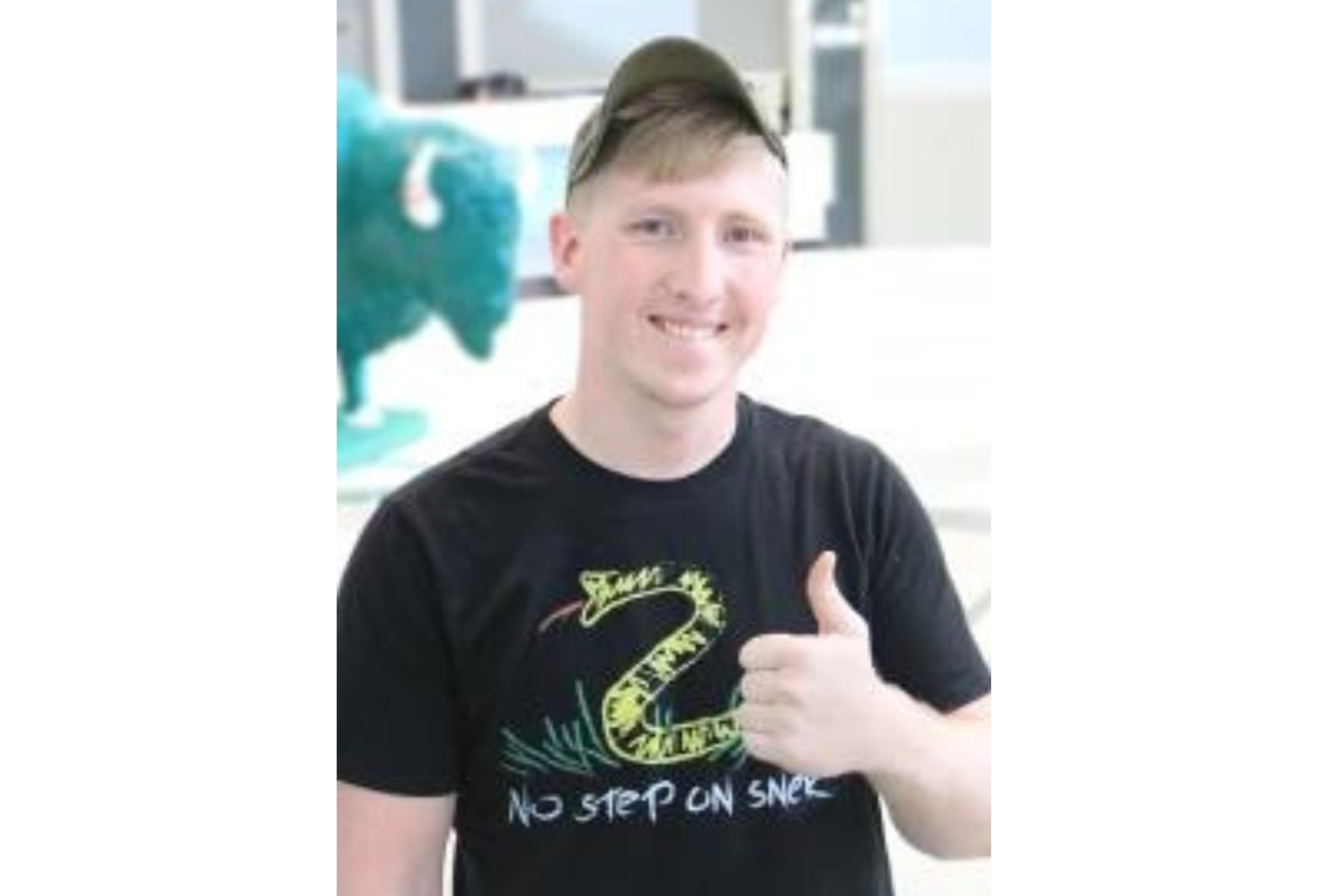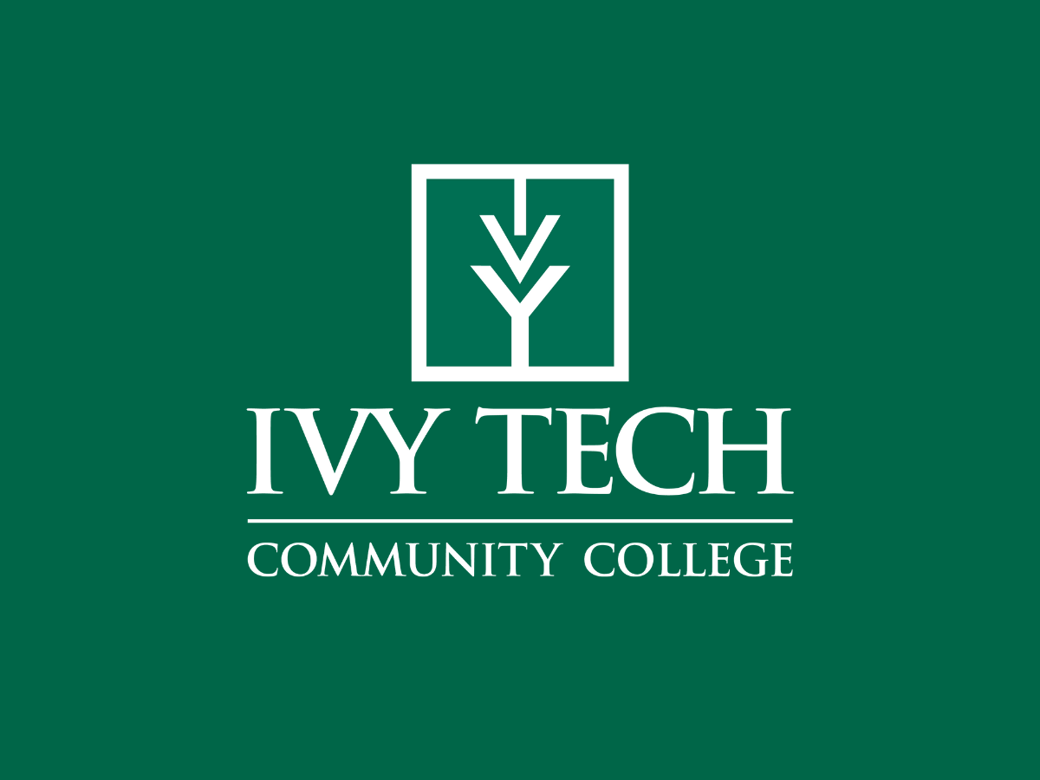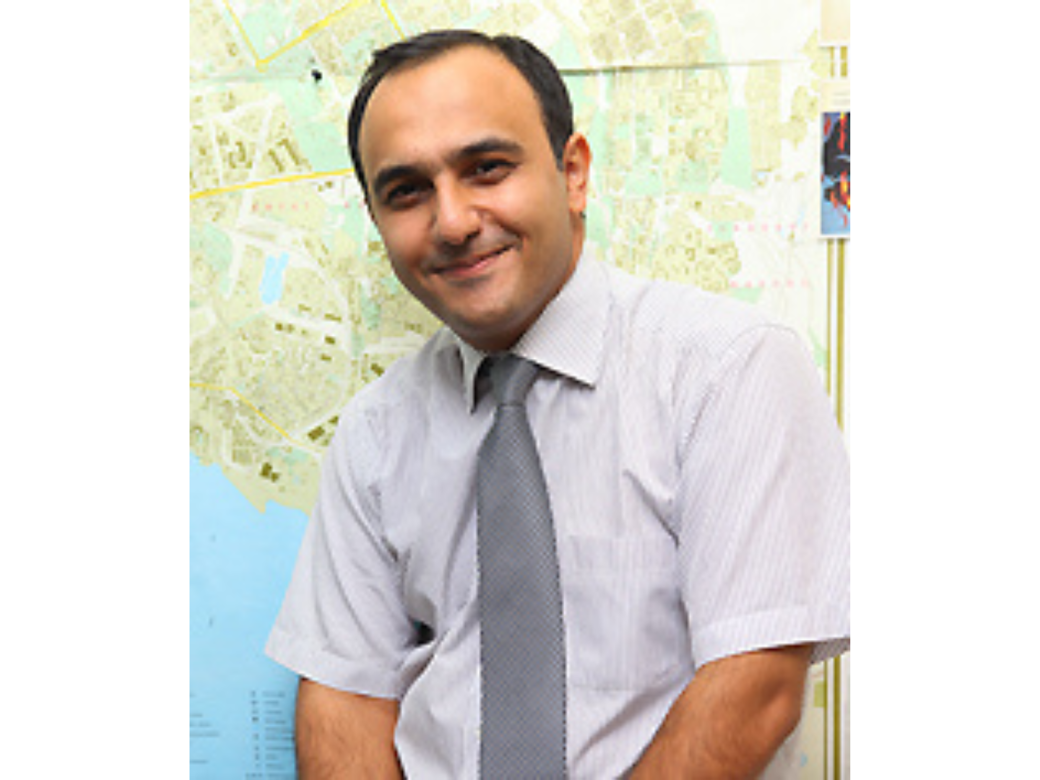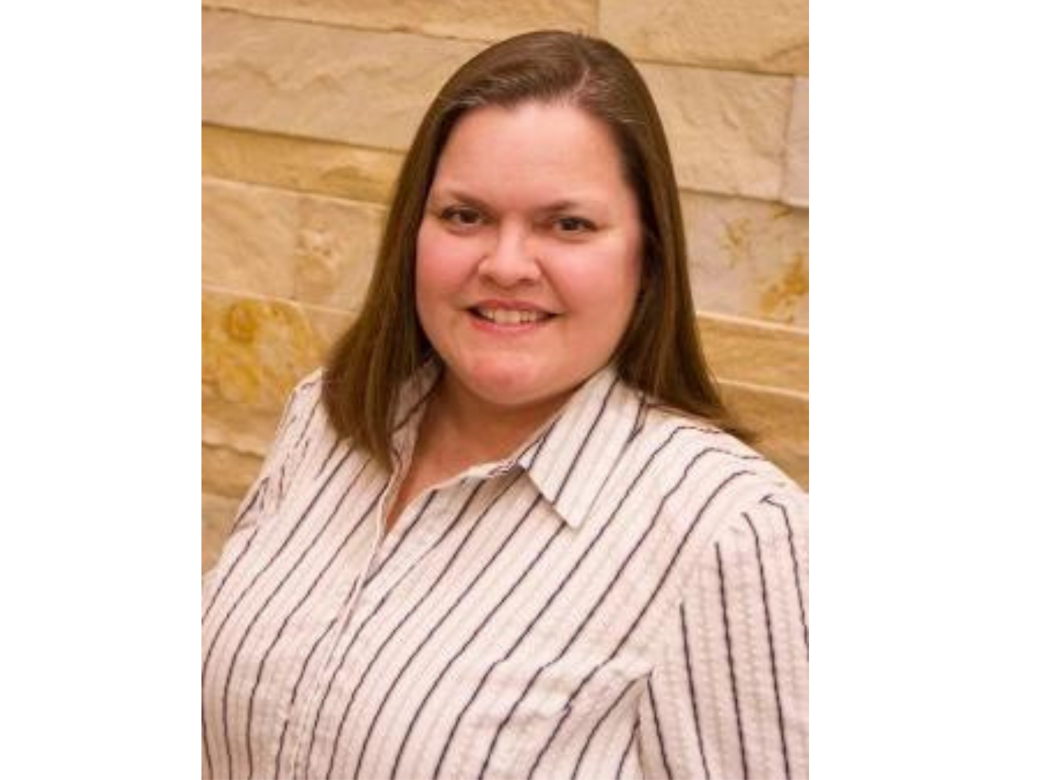Bob Walters, Jr. is a military veteran and current student of Ivy Tech Community College’s Bloomington campus. Walters is currently earning his General Studies associate degree and plans to transfer to Indiana University Bloomington in fall of 2017.
Walters is originally from New York and moved to Greencastle, Indiana with his family. He moved back to New York for high school and graduated in 2010. Walters says the military and college were always part of his plan after graduation. Walters’ father, an Army veteran, and Marine brother-in-law also helped influence his decision to join the military in 2011.
“In the Marines, the signing bonus is pride,” said Walters, a Marine Corporal. Walters served four years with a combat MOS and trained to work with Stinger surface-to-air missiles. For nine months, Walters was stationed in a Marine Expeditionary Unit in the Red Sea, where he worked and trained to be ready for combat in Afghanistan, if deployed. While stationed, he was able to visit Portugal, Bahrain, Dubai, Turkey, Italy, Spain, and the United Arab Emirates.
After his service in the military, Walters moved back to Greencastle and enrolled at Ivy Tech Bloomington, for its proximity to Indiana University Bloomington. “I’ve always been good at math, and I would like to teach at the high school level,” said Walters. “Veterans should choose Ivy Tech because Alex Barton, the Veteran counselor, is a great resource and very helpful. Also, the small class sizes and dedicated professors make Ivy Tech a great place to catch your bearing post-military.”
One of Walters’ favorite classes includes Introduction to American History with professor Donn Hall, who is also a military veteran. Walters also enjoys his Introduction to Western Philosophy course with Tim Jessen.
Walters plans to transfer his Ivy Tech credits to Indiana University and start his bachelor’s degree in fall of 2017.
The following profiles were written by Michael Reschke, published in The Herald-Times on November 11, 2016:
 Andrew Oxner
Andrew Oxner
Choice can be a good thing, but it can also be tough to handle if you’re not used to it. That’s what Student Veterans Organization President Andrew Oxner said many veterans, especially those who served in the Army and Marine Corps, struggle with when they become students. In the military, they were expected to follow a schedule made by someone else.
“You had no choice,” he said. “Having freedom can be overwhelming.”
As a civil engineer in the Air Force who did tours in Iraq and Kuwait, Oxner said, he had a little more autonomy than some of his friends in other branches of the military, but figuring out what to study in school still was challenging. He tried biotechnology, because it sounded like fun.
“It was interesting,” he said, “but it was just not my cup of tea.”
Unsure what he wanted to do, Oxner sat down with an adviser to discuss his options. It was an hourlong conversation that led him to a networking and cyber infrastructure class. He enjoyed it, and is now working toward a career in cybersecurity as a general network administrator.
Oxner is appreciative of the time his adviser took to help him find a program he was interested in.
“The advisers at Ivy Tech take the time to sit down and work with you,” he said. “They don’t just get you in and out.”
 Benjamin Smith
Benjamin Smith
For Benjamin Smith, one of the best parts of being in the Air Force was the camaraderie. It was also the thing he missed the most when he started college.
“In the military, everybody is on your team,” he said. “When you get out, it’s not really like that.”
Growing up in Dayton, Ohio, near Wright-Patterson Air Force Base, he always knew he wanted to join, Smith said. As an air crew flight equipment journeyman, he had few worries outside his job. Health care was provided, and so were his meals. He had virtually no expenses, save for a car payment and cellphone bill. When he got out, things were different.
“I was young and fresh out. I thought nothing could touch me,” he said. “I had a rude awakening.”
Smith found himself in Indiana, where his wife is from, with a daughter and in need of an education to find the type of steady employment he was looking for. He considered a computer numerical control, or CNC, machining program at Vincennes University, but ultimately decided the hour-and-a-half commute would have put too much stress on his family. He looked into Ivy Tech, and found the advanced automation and technology program.
He liked it, but still missed the sense of belonging to a group. Fortunately, he found his way to campus organizations. Last week, he went to Indianapolis for a conference with the Student Leadership Academy, and he recently participated in a paintball game with student veteran organizations from Ivy Tech and other Indiana colleges.
“I have a family, and this gives me a break,” he said. “It allows me to not be daddy for a few hours.”
 Kymbar Cortese
Kymbar Cortese
After serving in the Coast Guard, Kymbar Cortese found herself feeling a little bitter toward some of her classmates.
“You lose that, ‘Oh, it’s cute, you’re late with your Starbucks and you’re hung over,’” she said.
For five years, Cortese worked swing shifts that lasted 72 hours at a time in Bellingham, Washington. In addition to being called for search-and-rescue missions, she worked patrols, checking vessels traveling back and forth to Canada.
“There’s a lot of drug trafficking,” she said about the region.
Cortese always knew she wanted to join the military, but she didn’t know what branch. In the Coast Guard, she saw the opportunity for a different kind of service that appealed to her.
“You’re still joining the military, but you’re saving life,” she said. “I know it sounds kind of cheesy, but it’s a different take on how to serve.”
When she got out, it was a bit of a shock. Suddenly, she didn’t have to wake up at 6 a.m. and follow someone else’s orders. Looking for more structure and a path to a meaningful career, Cortese enrolled at Ivy Tech, but she found herself at odds with some of her younger peers. The teenagers who didn’t take things seriously were getting on her nerves. Not wanting to let those feelings fester, she took a different approach.
Cortese started talking to them about what they want to do and where they could go if they focus.
“I’ve been really big on letting them know what’s out there,” she said. “You don’t have to join the military; just realize there’s so much more … if you don’t blow off school.”
About Ivy Tech Community College
Ivy Tech Community College is Indiana's largest public postsecondary institution and the nation's largest singly accredited statewide community college system, accredited by the Higher Learning Commission. Ivy Tech has campuses throughout Indiana and also serves thousands of students annually online. It serves as the state's engine of workforce development, offering associate degrees, long- and short-term certificate programs, industry certifications, and training that aligns with the needs of the community. The College provides a seamless transfer to other colleges and universities in Indiana, as well as out of state, for a more affordable route to a bachelor's degree.




